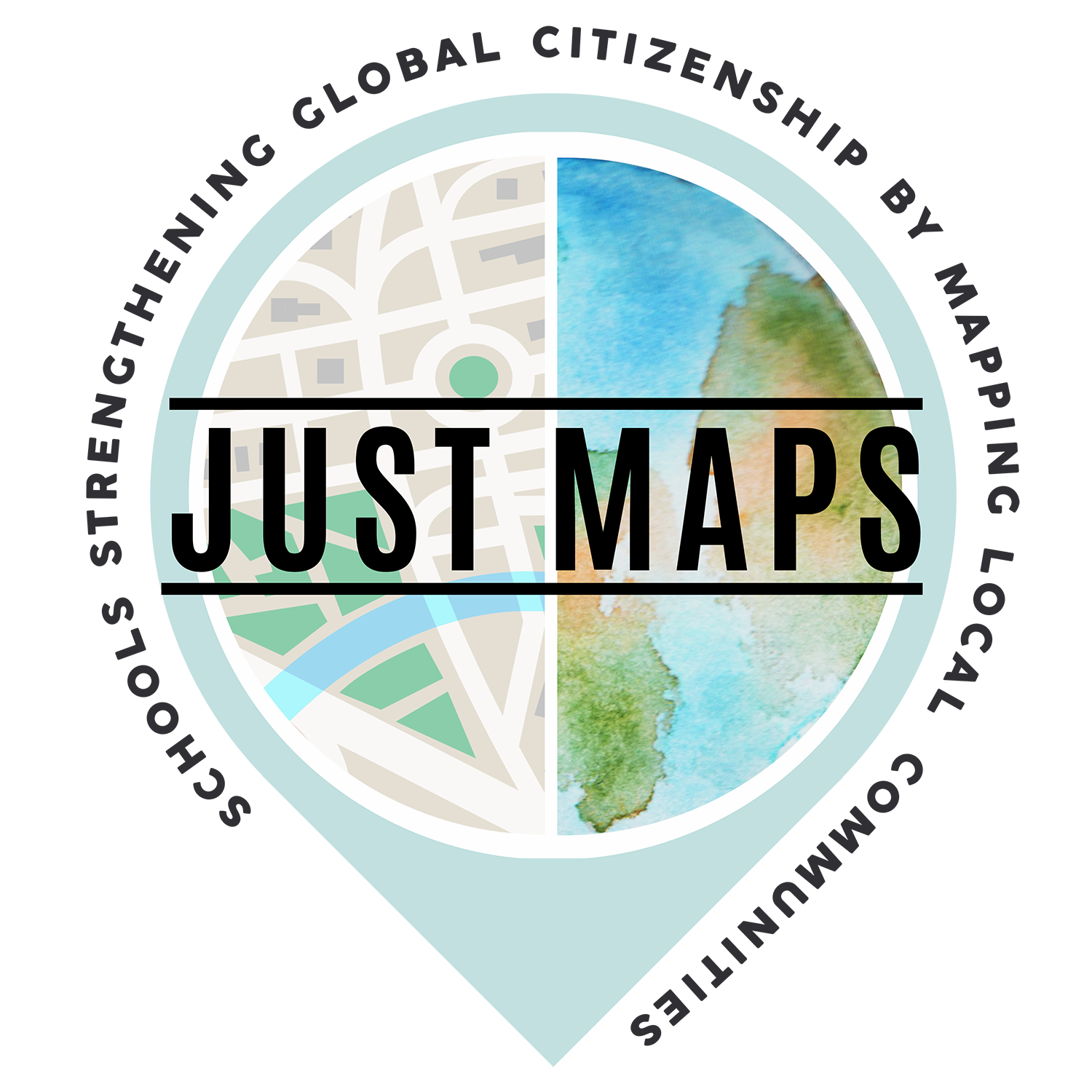Project
What is Just Maps?
Just Maps aims to build students skills as active global citizens, learning and acting for fairer, more sustainable communities.
In the three years of the project, participating students will:
- Map their local areas with the support of teachers and local partner organisations;
- Research the history, environment, challenges and opportunities in their communities;
- Build digital maps to share with participating students in other partner countries;
- Send a delegation of their peers to a Transnational Council of Mappers, which will share issues, brainstorm ideas, and find common ground
- Design solutions to local environmental and social justice issues, lobbying decision-makers to implement change.
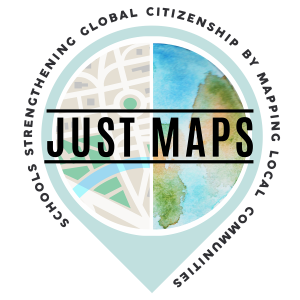
Just Maps follows from a previous project, Just Action, and uses many of the resource and approaches designed for that project. The countries participating in this project are from Spain, Italy, Ireland, Poland and Kenya.
Methodology
Just Maps is:
- student-led and child-empowering. Our training programme will support teachers to take a back seat, positioning them as facilitators, rather than leaders, of learning. Just Maps believes that children are capable of everything in our project, given a little support; researching, making decisions, communicating, evaluating their successes. By leading in this way, children build a sense of self-esteem and self-efficacy, as well of an identity as a participatory, democratic citizen.
- action-focused. In Just Maps, students learn by doing, taking action informed by the realities of life in their communities, in partner countries and beyond.
- globally-oriented. Our participatory process involves schools from Europe and one partner in Kenya. This challenges us to move beyond exploring issues from an Eurocentric perspective, rejecting paternalism to build empathy and solidarity.
- innovative. Using engaging and imaginative tools and methodologies, such as LEGO®SERIOUSPLAY, Just Maps encourages students to visualize their ideas and then build, modify, interpret and explain them.
Beneficiaries
Who is involved in Just Maps?
Primary and secondary school students in Europe and beyond.
The pilot phase of the project will engage with children and young people, aged 8-15, in Spain, Italy, Ireland, Poland and Kenya. Later iterations of the project will be open to any class, anywhere!
Primary and secondary school teachers.
The training and materials are design with teachers, for teachers. The resulting resources will be accessible for self-guided or group learning, so teachers can share their process with colleagues and peers.
Local communities.
When children design solutions for local challenges, their ideas will benefit everyone in the community, whatever their age, background or ability. This helps foster accessible, inclusive, sustainable communities.
Objectives
Our objectives
We want students to:
- Build their engagement and awareness as global citizens.
- Participate in their local communities through a ‘learn-by-doing’ approach.
- Reinforce critical, intercultural skills.
- Develop a justice-based approach to local and global interconnected issues such as climate change, environmental justice and inequality.
We want teachers to:
- Co-design an action-based Global Citizenship Education methodology with peers and organisations from other countries.
- Develop a facilitation approach to make students the protagonists of their own learning process.
- Foster behavior change in teachers, building sustainable habits, and social and climate justice awareness.
The Team
The partnership bring together organisations from the Global Action Plan International network, which aims to foster sustainable behaviour change. Each partner country collaborates and supports a school from their country.
GAP partners


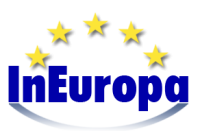

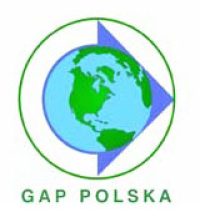
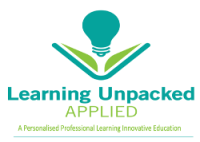
School partners
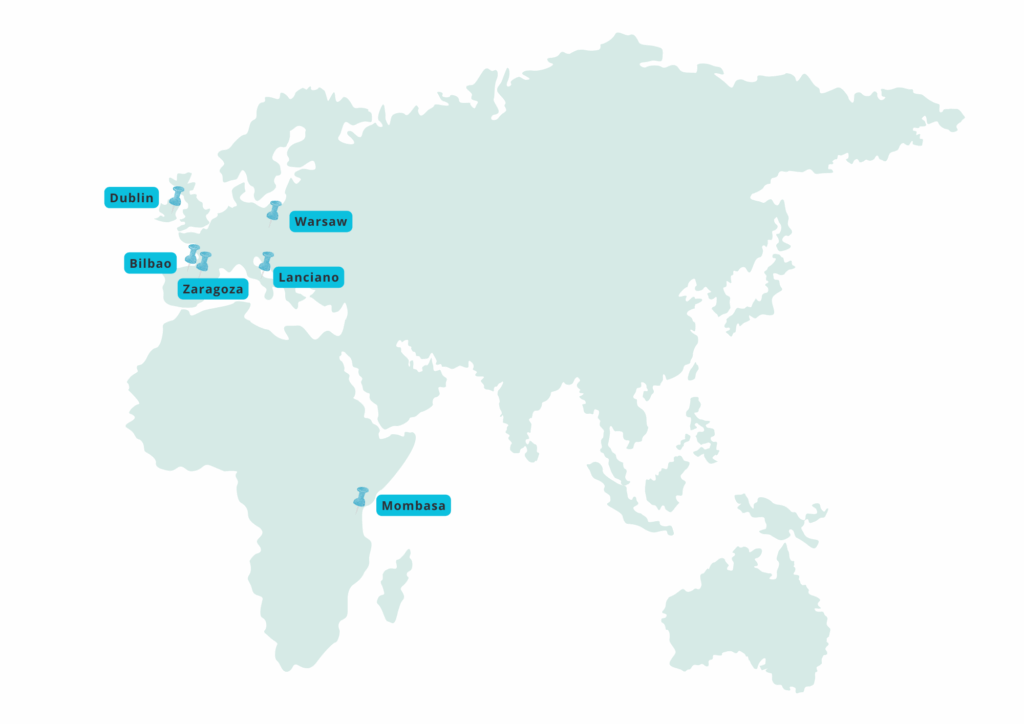
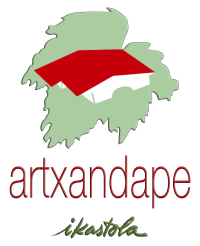
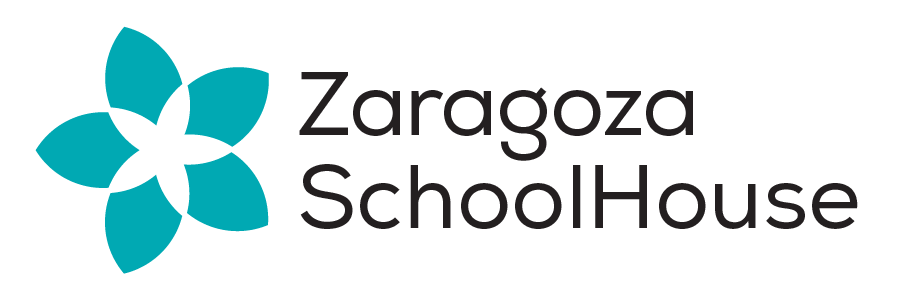


Associated schools
Our Lady of Victories (Dublin, Ireland)
Prus High School (Warsaw, Poland)
